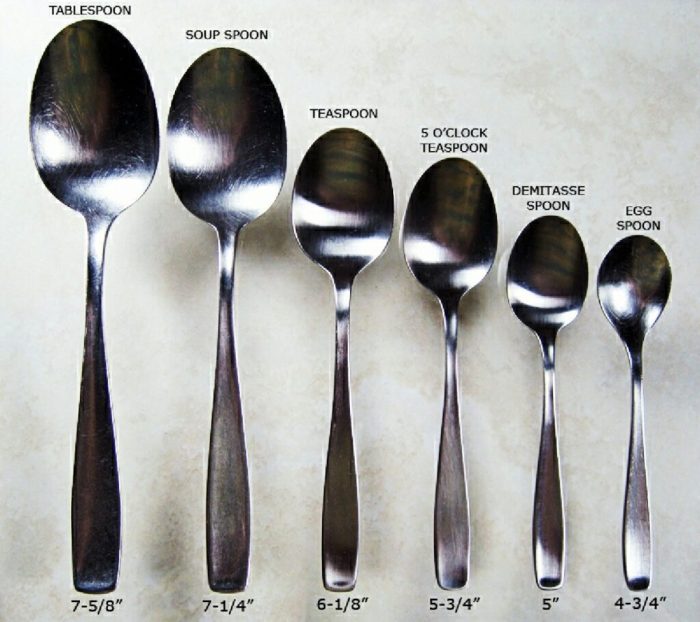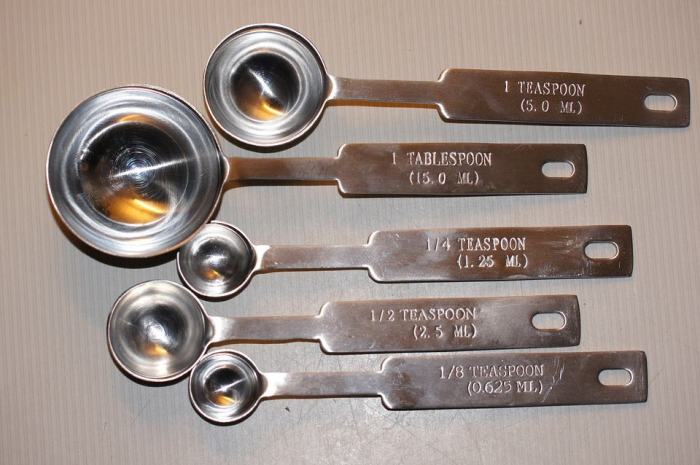As one teaspoon of cough syrup has a volume of 5 takes center stage, this opening passage beckons readers into a world crafted with knowledge, ensuring a reading experience that is both absorbing and distinctly original.
Volume measurement plays a crucial role in accurate medication administration, particularly when dealing with liquid formulations such as cough syrup. Understanding the relationship between teaspoons and milliliters is essential for precise dosage calculations, which are vital for patient safety and treatment efficacy.
Volume Measurement
Volume is a measure of the amount of space occupied by a substance. It is typically measured in cubic units, such as cubic centimeters (cm 3) or milliliters (mL). Volume can also be measured in teaspoons (tsp) or tablespoons (tbsp), which are common household units of measurement.
Relationship between Teaspoons and Milliliters
One teaspoon (tsp) is approximately equal to 5 milliliters (mL). This means that a 5 mL dose of cough syrup is equivalent to one teaspoon.
Dosage Calculations

Accurate dosage is essential in medication administration. Incorrect dosages can lead to under- or over-medication, both of which can be harmful.
Step-by-Step Guide to Calculating Medication Dosages Based on Volume
- Determine the prescribed dose of medication in milliliters (mL).
- Convert the dose to teaspoons (tsp) by dividing the dose by 5.
- Use a calibrated measuring device, such as a syringe or measuring spoon, to measure the correct dose of medication.
Potential Consequences of Incorrect Dosage Calculations
- Under-medication: The patient may not receive the full benefit of the medication, leading to ineffective treatment.
- Over-medication: The patient may experience side effects or even toxicity due to excessive medication.
Medication Administration
Oral medications, including cough syrup, should be administered according to the prescribed dosage and frequency.
Proper Techniques for Administering Oral Medications
- Measure the correct dose of medication using a calibrated measuring device.
- Administer the medication orally, either directly into the mouth or mixed with a small amount of liquid.
- Follow the prescribed instructions for taking the medication, including any specific timing or food requirements.
Importance of Using the Correct Measuring Device
Using the correct measuring device is crucial to ensure accurate dosage. Household measuring spoons or cups may not be calibrated accurately and can lead to incorrect dosages.
How to Measure One Teaspoon of Cough Syrup Accurately
- Use a calibrated measuring spoon or syringe.
- Fill the measuring device to the 5 mL mark.
- Administer the medication as prescribed.
Cough Syrup Properties

Cough syrup is a liquid medication used to suppress coughs. There are different types of cough syrups, each with specific ingredients and uses.
Types of Cough Syrups
- Expectorants:Help to thin and loosen mucus, making it easier to cough up.
- Suppressants:Suppress the cough reflex, reducing the frequency and severity of coughs.
- Combination syrups:Contain both expectorants and suppressants.
Active Ingredients in Cough Syrup, One teaspoon of cough syrup has a volume of 5
Common active ingredients in cough syrups include:
- Guaifenesin:An expectorant that helps to thin mucus.
- Dextromethorphan:A suppressant that reduces the cough reflex.
- Codeine:A powerful suppressant that is only available by prescription.
Potential Side Effects of Cough Syrup
- Nausea
- Vomiting
- Drowsiness
- Constipation
Medication Safety: One Teaspoon Of Cough Syrup Has A Volume Of 5

Medication safety is essential to prevent medication errors and ensure optimal patient outcomes.
Importance of Reading and Following Medication Instructions Carefully
Patients should carefully read and follow the medication instructions provided by their healthcare provider. This includes the prescribed dosage, frequency, and any specific precautions.
Potential Dangers of Medication Misuse
- Overdose
- Medication interactions
- Adverse side effects
Tips for Safe Medication Storage and Disposal
- Store medications in a cool, dry place out of reach of children.
- Dispose of expired or unused medications properly according to the instructions provided by your healthcare provider or pharmacist.
Commonly Asked Questions
How many milliliters are in one teaspoon of cough syrup?
One teaspoon of cough syrup typically contains 5 milliliters.
Why is accurate dosage important in medication administration?
Accurate dosage is crucial to ensure the intended therapeutic effect, minimize side effects, and prevent potential harm to the patient.
What are the potential consequences of incorrect dosage calculations?
Incorrect dosage calculations can lead to under-dosing, which may result in ineffective treatment, or over-dosing, which can cause adverse reactions or even toxicity.